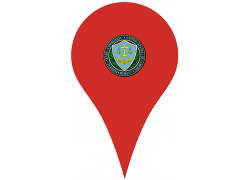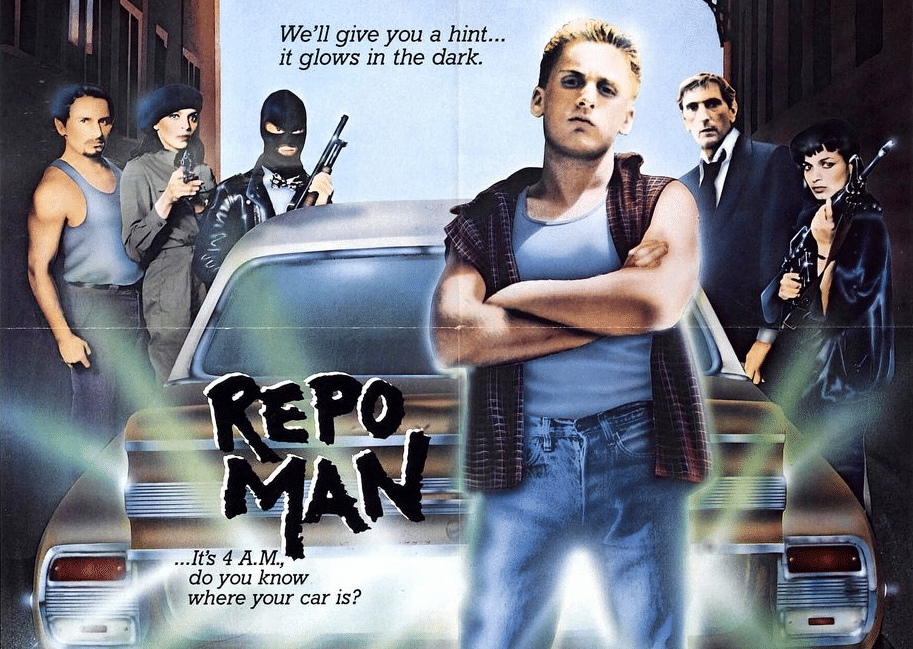The online publication The Intercept has a fascinating story on the National Security Agency’s “Google-like” search engine, which was created to chew through almost a trillion records containing “metadata:” the cell phone calls, email messages, geo-location data and other online communications the agency has harvested. The story exposes a tool called ICREACH. Author Ryan Gallagher cites classified documents obtained by The Intercept that provide what he calls hard evidence that the NSA has, through ICREACH “made massive amounts of surveillance data directly accessible to domestic law enforcement agencies” including the Federal Bureau of Investigation and the Drug Enforcement Administration. Read more via The Intercept with: ICREACH: How the NSA Built Its Own Secret Google -The Intercept.
geolocation
FTC Wants To Be Top Cop On Geolocation
The Federal Trade Commission (FTC) is asking Congress to make it the chief rule maker and enforcer of policies for the collection and sharing of geolocation information, according to testimony this week. Jessica Rich, Director of the FTC Bureau of Consumer Protection, told the Senate Judiciary Committee’s Subcommittee for Privacy, Technology that the Commission would like to see changes to the wording of the Location Privacy Protection Act of 2014 (LPPA), draft legislation designed to spell out consumer protections pertaining to the location data. Rich said that the FTC, as the U.S. Government’s leading privacy enforcement agency, should be given rule making and enforcement authority for the civil provisions of the LPPA. The current draft of the law instead gives that authority to the Department of Justice (DOJ). The LPPA legislation (PDF) was proposed in March by Sen. Al Franken, and co-sponsored by Senators Coons (D-DE) and Warren (D-MA). It proposes updating the Electronic Communications […]
Survey: Consumers Growing Wary of Information Sharing
A survey by the business information service Lexis Nexis finds that consumers have grown more wary of programs that ask them to share data in exchange for improved services or other offerings. Editor’s note: LexisNexis has clarified that its survey was released in August, 2013, not October, 2013. The story has been corrected to reflect that information. – Paul 6/4/2014 The survey of 2,072 consumers, aged 21 to 74, was conducted in October 2013 by LexisNexis Risk Solutions. It found consumers were more wary of sharing information online, including at social networking and online banking sites than they were three years earlier. “Consumers are less comfortable with information sharing than three years ago,” the survey concluded. The survey was released in concert with Telematics Detroit 2014, a conference focused on information systems used in vehicles. It was designed to measure consumers’ awareness of- and interest in so-called “use based insurance” (or UBI) – sometimes referred […]
Pew: IoT Will Take Off By 2025, Despite Security Woes
A survey of technology experts by the Pew Research Center and Elon University predicts that the Internet of Things will take off in the next decade despite serious concerns about the security of IoT devices and the data they hold. The IoT will gain wide adoption in the next decade, with the result that many aspects of day-to-day life will be transformed by a combination of inexpensive sensors, cloud based computing and data analytics. The report cites a number of likely innovations that will become commonplace by 2025 – from “smart” food products that can report when they are exhausted or spoiled, to smart roads and infrastructure to “subcutaneous sensors or chips that provide patients’ real-time vital signs to self-trackers and medical providers.” The Pew Center canvassed more than 1600 technology leaders and analysts about the Internet of Things and published the findings of the survey on Wednesday. The survey population included […]
Repo Scan: License Plate Readers Fuel Private Surveillance Industry
The privacy issues surrounding the use of license plate scanners isn’t exactly a new story. After all, none other than the ACLU published a report on the topic last year. The title of that report: “You Are Being Tracked” left little to the imagination. But The Boston Globe presents a troubling picture of how far and fast license plate scanning has come, and how the combination of super-efficient scanning with cloud based applications and Big Data analytics are empowering private companies to surveil law abiding citizens across much of the country. OnTuesday, reporter Shawn Musgrave reported on the phenomenon of automobile repossession firms in Massachusetts using powerful, car-mounted license plate readers to troll mall parking lots and commuter stations for cars whose owners are behind in their payments. The cameras scan the plates of all vehicles that they pass – delinquent or not – and send the images to […]





